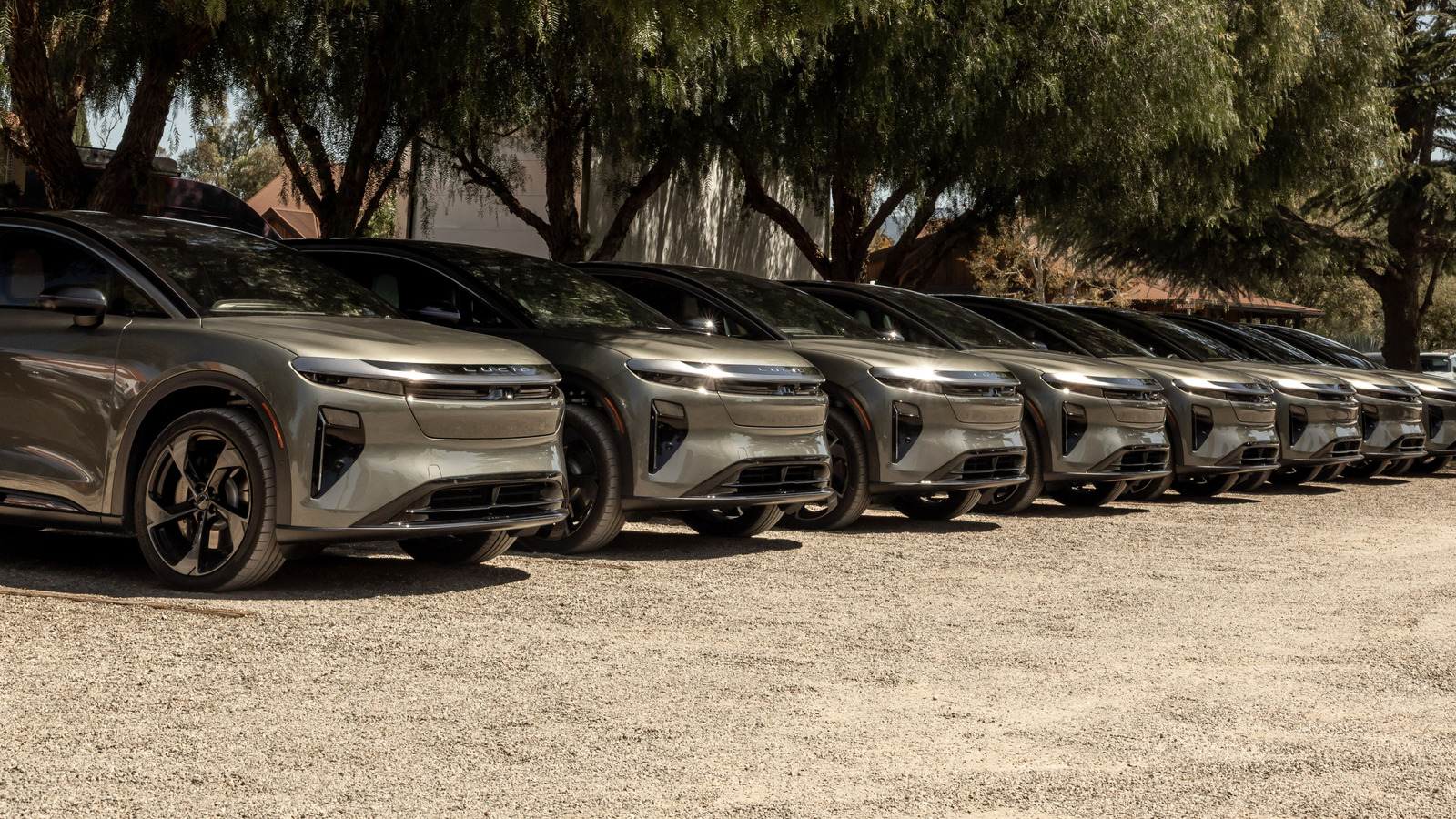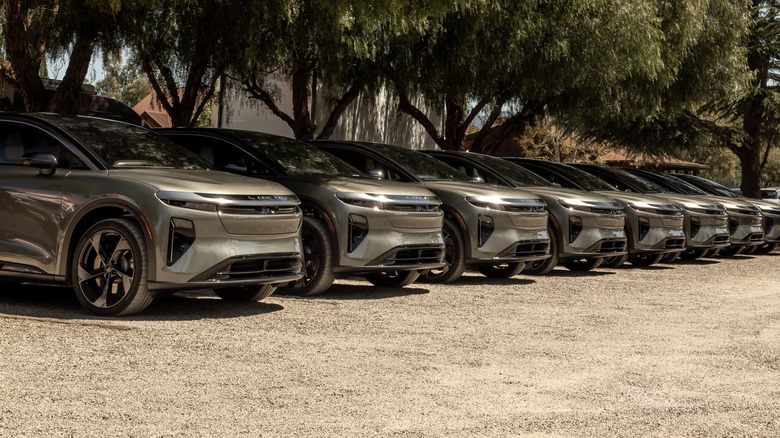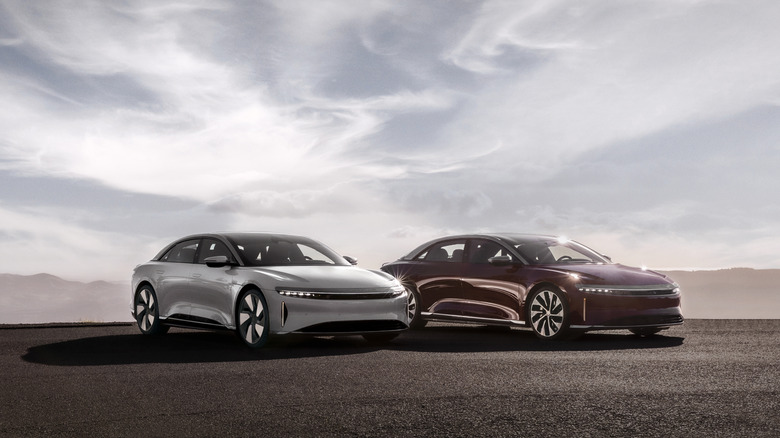Congress is poised to kill off the federal EV tax credits that basically made Tesla into the juggernaut it is today. Shockingly, Lucid CEO Marc Winterhoff would like legislators to rethink that. According to Automotive News, the leader of a startup that sold just over 10,000 vehicles in 2024 and lost more than $3 billion thinks it’s unfair that the credits are being yanked after two decades of benefitting the automakers that beat Lucid to the punch.
As Automotive News pointed out, Lucid’s Air sedan is ineligible for the $7,500 federal credit if you buy the car new because it’s too expensive, but the company is able to tap the credit via leasing. Unfortunately, as former CEO Peter Rawlinson noted last year, Lucid customers typically make too much money to qualify.
Lucid has sold way, way less than the 200,000-vehicle cap on the embattled credit, so methinks Winterhoff is gazing toward relatively poorer customers who might go for cheaper versions of the company’s new Gravity SUV, expected sometime soon, as well as the upcoming smaller, cheaper crossover coming next year.
Lucid is missing the ugly point
Winterhoff’s appeal to fairness would be sort of charming if it didn’t make him look completely delusional about what the Big, Beautiful Bill now awaiting Senate approval — and then President Trump’s big, beautiful Sharpie signature to become the Big, Beautiful Law — is all about. Jack Sheldon, who sang the famous “I’m Just a Bill” song for “Schoolhouse Rock” and died in 2020, is surely turning in his grave.
You want to grab Winterhoff by his ex-management consultant lapels and shake the man, who took over from Rawlinson in February. The Republican-controlled Congress isn’t interested in nurturing EV startups. As Automotive News reported, the Senate would completely obliterate the existing tax credits in six months (the House bill keeps them around through 2026). One could reasonably assume that GOP legislators are telling Winterhoff and everybody else in the struggling EV startup business that they should get over it.
Not what Winterhoff wants to hear, hence the pushback. Lucid is infamously backed by the Saudi sovereign wealth fund, but its stock has tanked almost 80% since a peak of $58 in 2021. It trades slightly more than $2 today — half what the cheapest Big Mac in America costs in Austin, Texas.
Getting rich people to subsidize EVs was actually a great idea
Winterhoff is pleading for an incentive that had already been modified by the Biden administration when the tax credits were tweaked to favor U.S. automakers and limit the influence of Chinese battery suppliers. Biden also wanted to take the credits away from their natural constituency, rich people who could actually use a $7,500 reduction to their tax bills. (In 2024, it was adjusted to be a point-of-sale credit, administered by dealers, making it easier for everyday Joe’s to access it.)
Back in the day, when the credits were mainly being tapped by Tesla owners, there was something brilliant about tempting buyers flush with cash from “equity events” or just gigantic Silicon Valley salaries spend big money for an EV in exchange for Uncle Sam relieving them of taxes they could probably easily afford. Right before the year ends, buy a Model X! Your accountant rejoiced. Call it tax-credit harvesting.
The entire EV market in the U.S. was bolstered by this policy. Tesla would certainly not be a $1-trillion enterprise without it. But it also meant that startups could focus on pricey, more profitable cars rather than affordable models. That was a good thing when the EV business was learning to crawl, but it eventually became a political football. Winterhoff’s calculated support of fair play is unsurprising, but the bottom line is that EV tax credits were never exactly fair to begin with.





